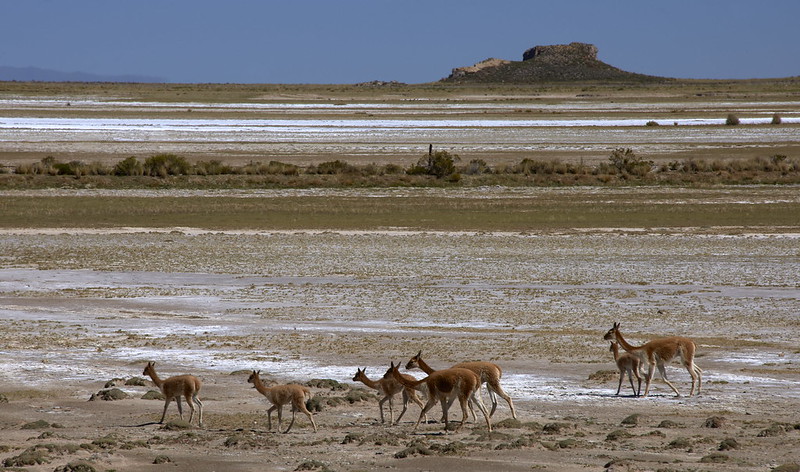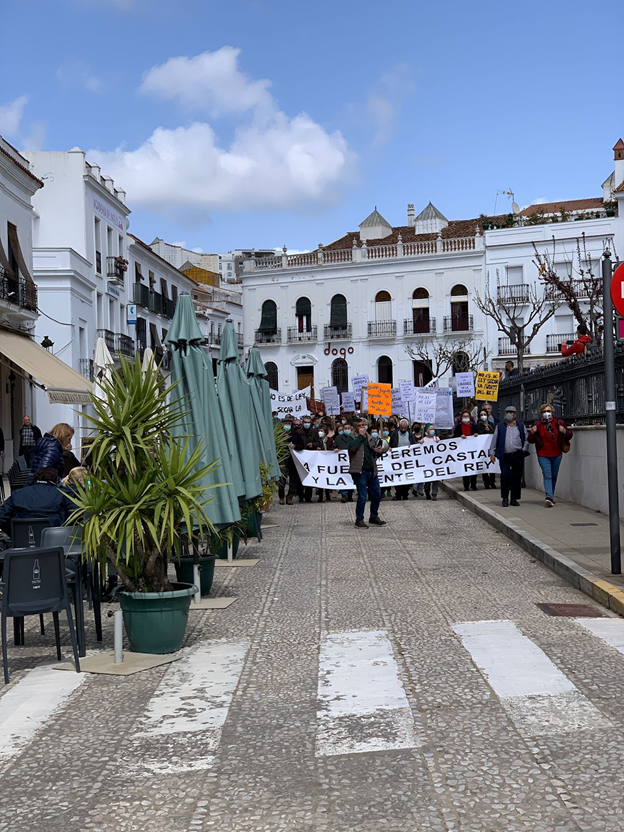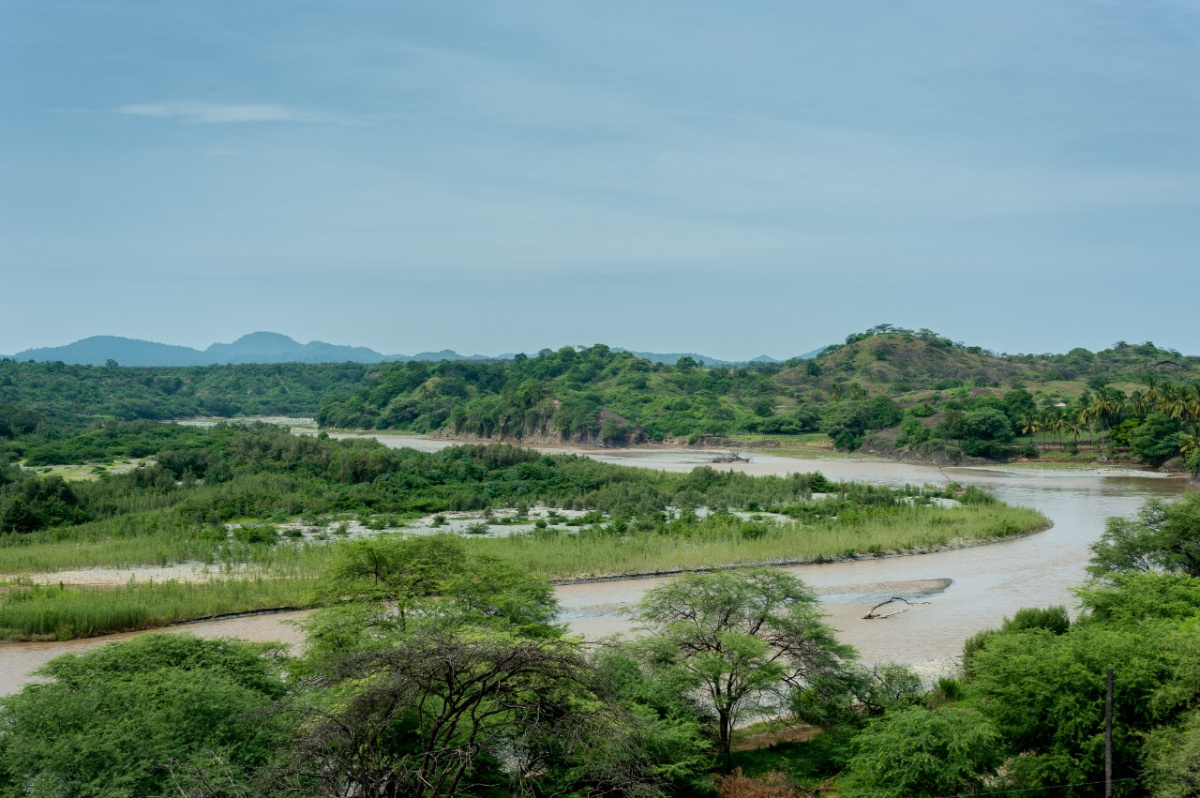Water markets can overcome the global water crisis
Water pricing needs to reflect contribution of natural ecosystems to water quality and quantity, says a new publication by the World Conservation Union

Photo: IUCN
The global water crisis can be solved through fair water markets. This is the main conclusion of the new publication “Pay – Establishing payments for watershed services”, to be launched on World Water Day on 22 March 2007 by the World Conservation Union (IUCN).
“Markets can solve watershed degradation through investments in the sustainable management of ecosystems”, says Ger Bergkamp, Head of the IUCN Water Programme.
French Vittel already invests USD 24.5 million per year to compensate farmer's reduced use of fertilizer
Vittel, the world’s largest mineral water bottling company, has already incorporated this into their business by spending an average of USD 24.5 million per year to compensate farmers’ reduced use of fertilizer in France. The result is a reduction in the contamination risk of the bottler’s main source of water.
In Costa Rica, individual water users in the city of Heridia pay through their water bills to protect the forests and watersheds on which Heridia’s healthy water supply depends. Landowners upstream receive up to USD 110 per hectare per year to safeguard downstream water quality.
Nature provides clean water for free – but only if watersheds upstream are kept safe and healthy, and soils free from pollution. Once the landscapes that make up watersheds – for example forests, grasslands, cultivated and riparian areas, and wetlands - are disrupted or contaminated, water becomes very expensive to purify. That is why Costa Rican and French landowners are being paid for protecting this precious source.
These fair water markets can also help break the cycle of water overuse, deforestation and impoverished rural communities. Already 1 billion people live in areas where there is not enough water to meet basic needs, with the real onslaught of climate change still to come. Furthermore, 70% of water that is being used for agricultural production is wasted, and investments go to expanding production rather than increasing water efficiency.
Water payment schemes require careful design and people involved need to understand the benefits and costs associated with creating such markets. The new book ‘Pay’ lays out a range of payment schemes that are commonly used, from private trading, to cap-and-trade, to certification and public payment schemes. A water market and payment scheme needs to be tailored to the social, economic and political realities in any specific location. As with all natural and biological solutions, no one size fits all.
*ENDS*
Notes to Editors
For more information contact or to set up interviews please contact:
Claire Warmenbol, IUCN Water Programme Communications, Mobile: +41 79 404 1973; claire.warmenbol@iucn.org
Carolin Wahnbaeck, IUCN Media Relations Officer, Tel. +41 22 999 1027, Fax +41 22 999 0020, carolin.wahnbaeck@iucn.org
Dr Mark Smith, Water Management Advisor, mark.smith@iucn.org
Publication download:
To download "Pay - Establishing payments for watershed services", please visit: Water
Photos are available from: carolin.wahnbaeck@iucn.org
About the World Conservation Union (IUCN)
Created in 1948, the World Conservation Union (IUCN) brings together 83 States, 110 government agencies, 800 plus NGOs, and some 10,000 scientists and experts from 181 countries in a unique worldwide partnership. The Union’s mission is to influence, encourage and assist societies throughout the world to conserve the integrity and diversity of nature and to ensure that any use of natural resources is equitable and ecologically sustainable.
The Union is the world's largest environmental knowledge network and has helped over 75 countries to prepare and implement national conservation and biodiversity strategies. The Union is a multicultural, multilingual organization with 1,000 staff located in 62 countries. Its headquarters are in Gland, Switzerland.
More information can be found at www.iucn.org



